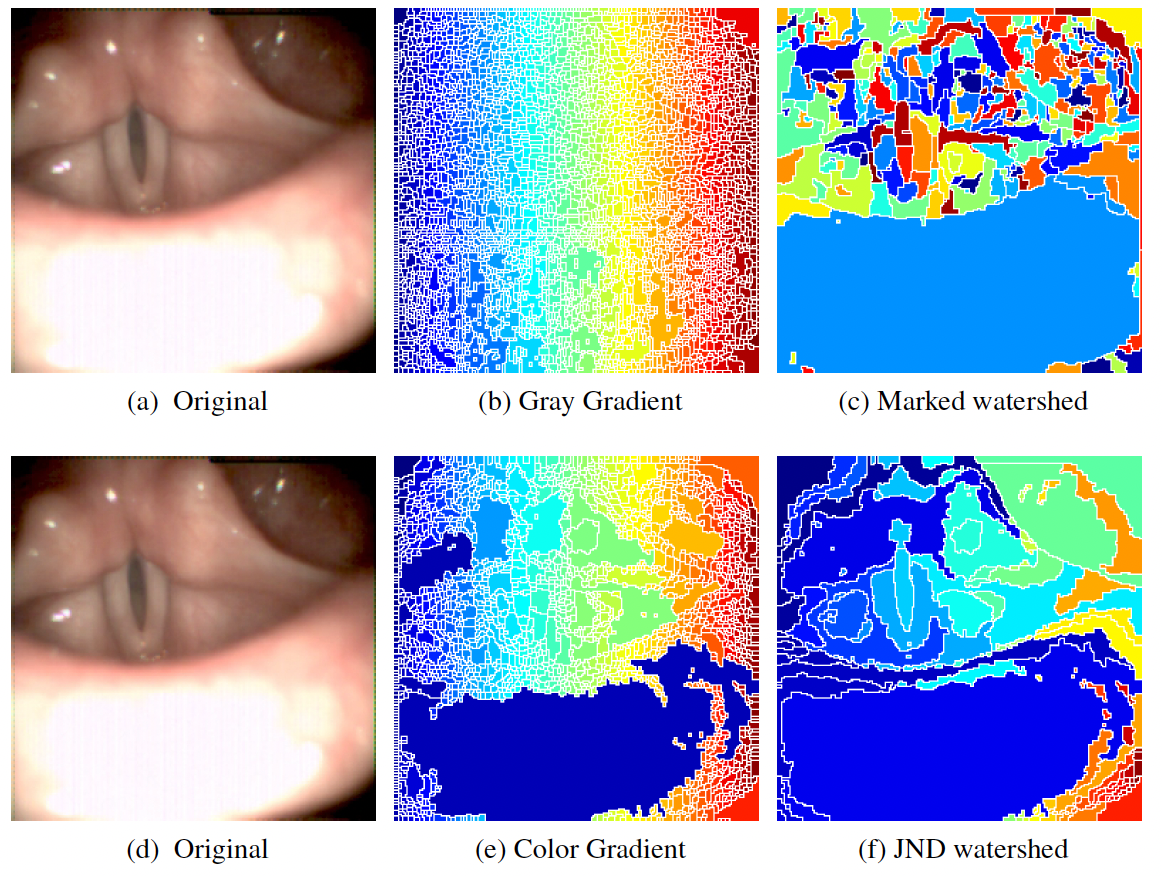Advanced Signal Processing Technology
Master course, Universidad de Ambato, School of Engineering – Electricity and Telecommunications, 2019
This course provided an in-depth exploration of Advanced Signal Processing Technology, covering fundamental and advanced topics in digital signal processing (DSP) and its applications in image processing. 
Below is a structured summary of the key topics covered:
1. Introduction to Digital Signals and Their Importance
- Definition of digital signals and their role in modern technology.
- Comparison between analog and digital signal processing.
- Importance of digital signals in fields like audio processing, communications, and medical imaging.
2. Discrete-Time Signals and Sound Processing
- Understanding discrete-time signals and their mathematical representation.
- Techniques to play and manipulate discrete sounds using DSP.
- Applications in audio synthesis and speech processing.
3. DSP as Building Blocks
- The role of DSP in computing and engineering.
- Overview of digital filters, convolution, and sampling theory.
- DSP applications in real-time processing systems.
4. Complex Exponentials in Signal Processing
- The fundamental role of Euler’s formula in DSP.
- How complex exponentials serve as building blocks for signal analysis.
- Connection between sinusoids and exponential functions.
5. Signal Processing and Vector Spaces
- Understanding vector spaces in the context of signals.
- Concepts of basis and subspaces in signal representation.
- Approximation of signals using subspace bases.
6. Fourier Analysis and Transform Techniques
- The Fourier Transform as a tool for frequency-domain analysis.
- Understanding the Discrete Fourier Transform (DFT) and its role as a change of basis.
- Introduction to Short-Time Fourier Transform (STF) and Spectrograms for time-frequency analysis.
7. Advanced Fourier Transform Techniques
- Improvements over traditional Fourier methods.
- Windowing techniques and their impact on frequency resolution.
- Applications in speech, music, and biomedical signal analysis.
8. Introduction to Image Processing
- Basics of image signals and their processing techniques.
- Role of DSP in image enhancement, filtering, and compression.
- Applications in medical imaging, remote sensing, and computer vision.
This course was inspired by the Digital Signal Processing Specialization offered by EPFL on Coursera. While this course built upon similar principles, it expanded on topics related to image processing and medical imaging.
